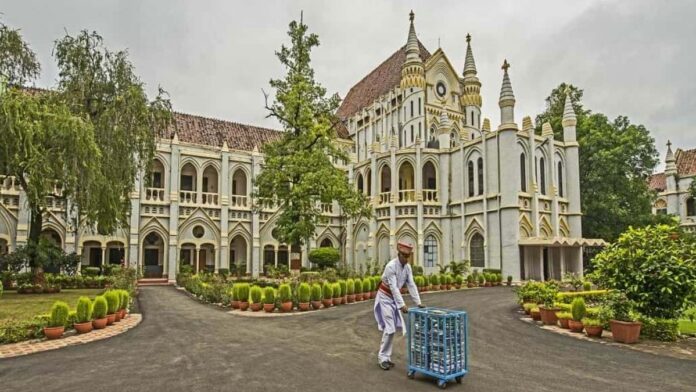The Madhya Pradesh High Court, Jabalpur Bench, has commuted the death sentence awarded to a 20-year-old tribal man convicted for the rape and attempted murder of a four-year-old girl. A Division Bench comprising Justice Vivek Agarwal and Justice Devnarayan Mishra converted the capital punishment to rigorous imprisonment for 25 years, considering the appellant’s illiteracy, tribal

To Read More Please Subscribe to VIP Membership for Unlimited Access to All the Articles, Download Available Copies of Judgments/Order, Acess to Central/State Bare Acts, Advertisement Free Content, Access to More than 4000 Legal Drafts( Readymade Editable Formats of Suits, Petitions, Writs, Legal Notices, Divorce Petitions, 138 Notices, Bail Applications etc.) in Hindi and English.
Click to Subscribe
If you are already a VIP Member, Click to Login Now
READ ALSO Kerala HC Grants Bail to 18-Year-Old Accused of Having Physical Relations With 17-Year-Old




